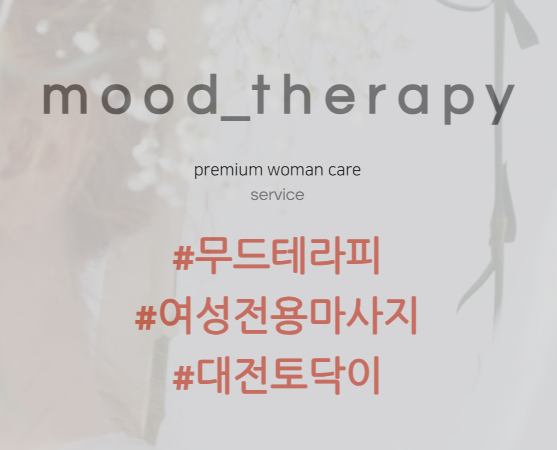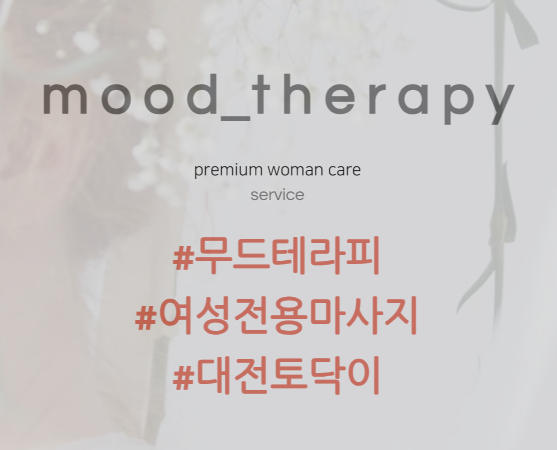The term “토닥이” is a unique and culturally rich word in the Korean language, with deep emotional and cultural connotations. It is commonly used in various contexts, all of which convey a sense of care, comfort, and gentle affection. Understanding “토닥이” is not just about its literal translation, but also about grasping the emotional and social significance it holds in the daily lives of Korean people.
What is “토닥이”?
At its core, “토닥이” refers to a gentle, soft pat or tap, often used to convey affection or to offer comfort. This expression is frequently seen in situations where one person is attempting to console another or show care, such as lightly tapping someone on the back or shoulder when they are feeling down. The gesture is typically intended to be a comforting one, offering both physical and emotional reassurance.
The Emotional Essence Behind “토닥이”
In Korean culture, emotional expression is an essential part of daily interactions. “토닥이” encapsulates the warmth and sensitivity that is often conveyed through non-verbal cues. It is not just about the physical touch, but about what the touch represents – a reassurance that someone is there for you, a silent promise that you are not alone, and an expression of solidarity.
In times of hardship or distress, the gesture of “토닥이” can be immensely comforting. Whether it’s a friend comforting another who is grieving, a parent reassuring a child, or even a colleague offering a moment of solidarity in a challenging work environment, the act of “토닥이” carries significant weight in its simplicity.

Cultural Relevance and Popularity of “토닥이” in Korean Media
The significance of “토닥이” extends beyond personal interactions and has made its way into Korean media, such as dramas, music, and literature. Korean dramas, in particular, often showcase the “토닥이” gesture to highlight moments of emotional vulnerability or to symbolize the strength of a relationship between characters. These portrayals help to reinforce the cultural relevance of “토닥이”, making it an iconic symbol of comfort and care.
Moreover, the term has been adopted in various marketing campaigns, songs, and advertisements that aim to tap into the deeply emotional fabric of Korean society. Through its widespread use in these mediums, “토닥이” has evolved from a simple action to an emotional symbol of reassurance, compassion, and human connection.
The Psychological Impact of “토닥이”
In psychology, physical touch is often linked with emotional well-being. The act of “토닥이”, even if brief or subtle, can create a deep sense of emotional comfort and security for both the giver and the receiver. It acts as a form of emotional regulation, offering a soothing effect in times of stress or sadness. This act is particularly important in Korean culture, where indirect communication and non-verbal cues play a crucial role in interpersonal dynamics.
Research has shown that physical touch, especially in the form of gentle gestures like “토닥이”, can reduce stress, lower anxiety, and even improve mood. This makes the simple action of tapping someone on the shoulder or back much more than just a physical gesture – it becomes a powerful tool for emotional healing and connection.
How “토닥이” Reflects Korean Society’s Value on Relationships
Korean society places immense value on strong relationships, whether between family members, friends, or colleagues. The concept of “토닥이” embodies this cultural emphasis on empathy and emotional support. In a society where individuals often feel the pressures of high expectations and the need to meet social obligations, the act of offering comfort through “토닥이” becomes a way of expressing care without the need for words. It creates a sense of belonging, offering a silent but powerful message of support.
